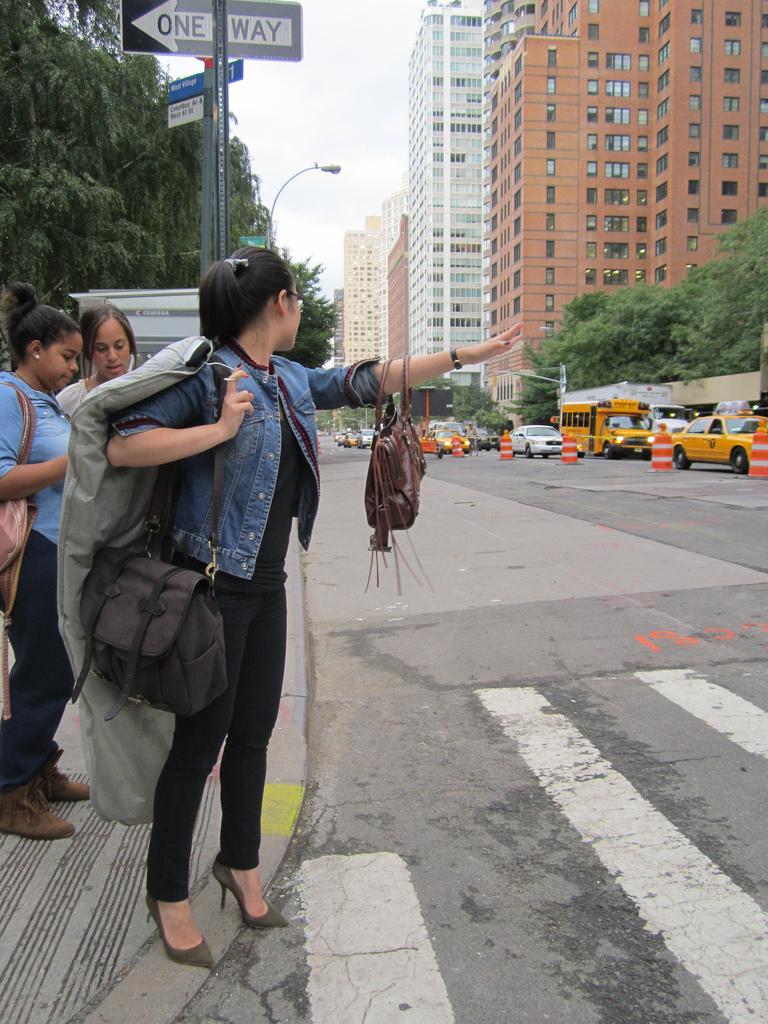Internships Are Illegal and Exploitative
October 6, 2012
As a young enterprising college student in a sea of equally young, enterprising college students, I know that everyone is doing anything and everything they can to get ahead. So I do the same, which means getting an internship or four under my belt before I graduate. And then maybe nine more after I graduate since the job posting will be slim.

One problem with internships, especially in today’s economic climate, is that it’s next to impossible to find a good, paid internship in the field of your choice that will work around your school schedule. It’s also next to impossible to find a good, unpaid internship, period. Most interns are delegated to coffee-fetching, or else treated like unpaid entry-level workers.
The mindset of the intern is to never say no, because if you say no, you’re told you’re not a good worker. That you won’t make it, that you will—gasp!—never work in this industry again. And that’s the problem. The culture of bad internships, especially in the media and fashion industries (and a select others) is such that people are afraid to speak out, because it’s become so expected that to get ahead is to put in your dues, do the grunt work, and then later on maybe someone will give you a shot. But you’re only going to get there once you ‘pay your dues.’
If you weren’t aware, there are federal laws surrounding unpaid internships, as per the United States Department of Labor. Internships must meet certain criteria: The internship must be for the benefit of the intern. It must be educational, and you should be able to obtain college credit. It must be “similar to training given in an educational environment” and the company must not derive any immediate benefit from the intern’s activities. The intern must not displace regular staff. As you’re probably aware, these are laughable ideas in the real world of internships. It’d be wonderful if this law were enforced, but it’s not, and interns are left stuck.
And if these internships are found to be illegal? Whether or not these companies are held accountable for their illegal practices varies by the case. One for example would be that of Diana Wang. Wang is holding a suit against Harper’s Bazaar, owned by Hearst, for not paying her for the work she did. This included working 11 hour days, five days a week doing menial work.The class-action lawsuit includes around 3000 former Hearst interns and should be decided by early 2013. Hearst insists that the internships offered by the company are “soundly within the law.” But there are loads of things that are technically legal that shouldn’t be, and that’s what lawsuits go to court to decide.
I’ve gotten coffee for meetings I’m not sitting in. I’ve parked cars for my bosses. It’s not fun, and it’s not going to be any good for me in the long run except that maybe I have a few people in my contacts book that may or may not remember me for how much I didn’t complain about doing it. I want to be remembered for being able to pick up skills quickly and making myself irreplaceable. I can’t prove my worth if I’m not given worthy things to do.
That’s not what internships are for. That’s free labor. That’s extra, menial help that you don’t have to pay anyone for, and for the most part, it shouldn’t be legal—that’s what minimum wage is for.
These kinds of internships are especially unfair to our generation. We are the ones most in need of solid, meaningful experience. We need to be able to stand out in a competitive market, and it makes no sense that thus far we are doomed to spending years after graduation in internship after internship, losing our worth in the market while not learning any new skills. We’ll be undervalued and under valuable, and today’s apocalyptic warnings about our doomed youth might come true.










Fordham Alum • Nov 9, 2012 at 11:47 pm
I know a Gabelli Student with a great paid internship on Wall St.